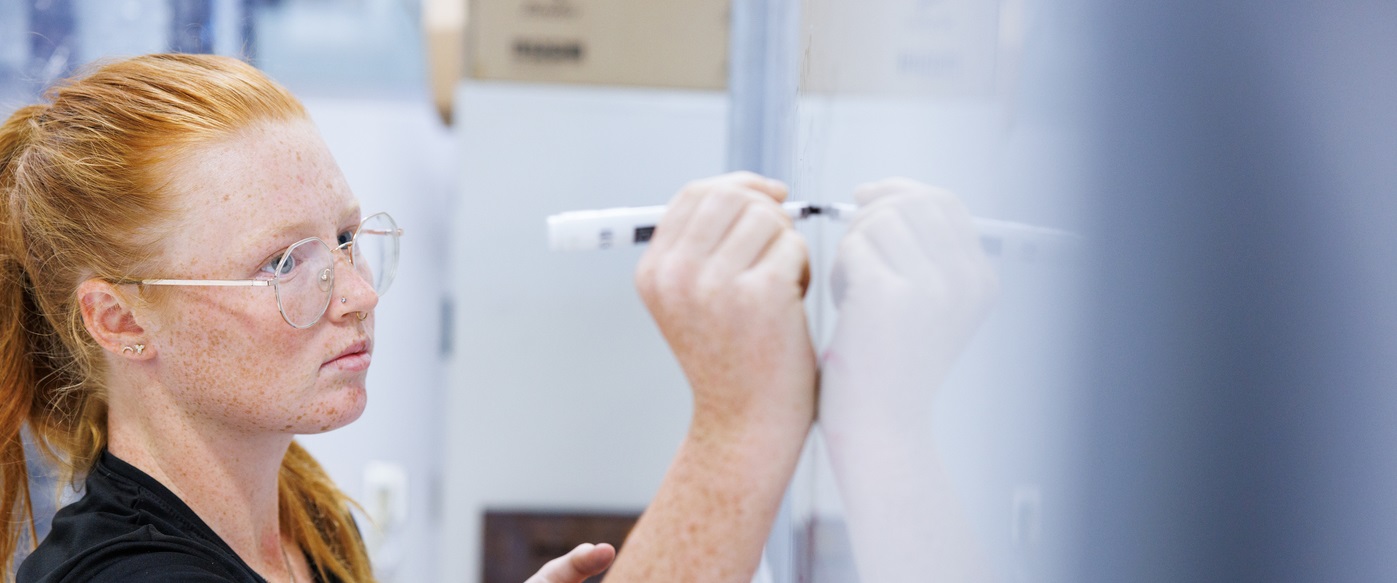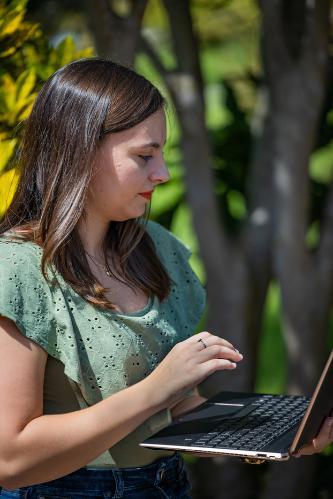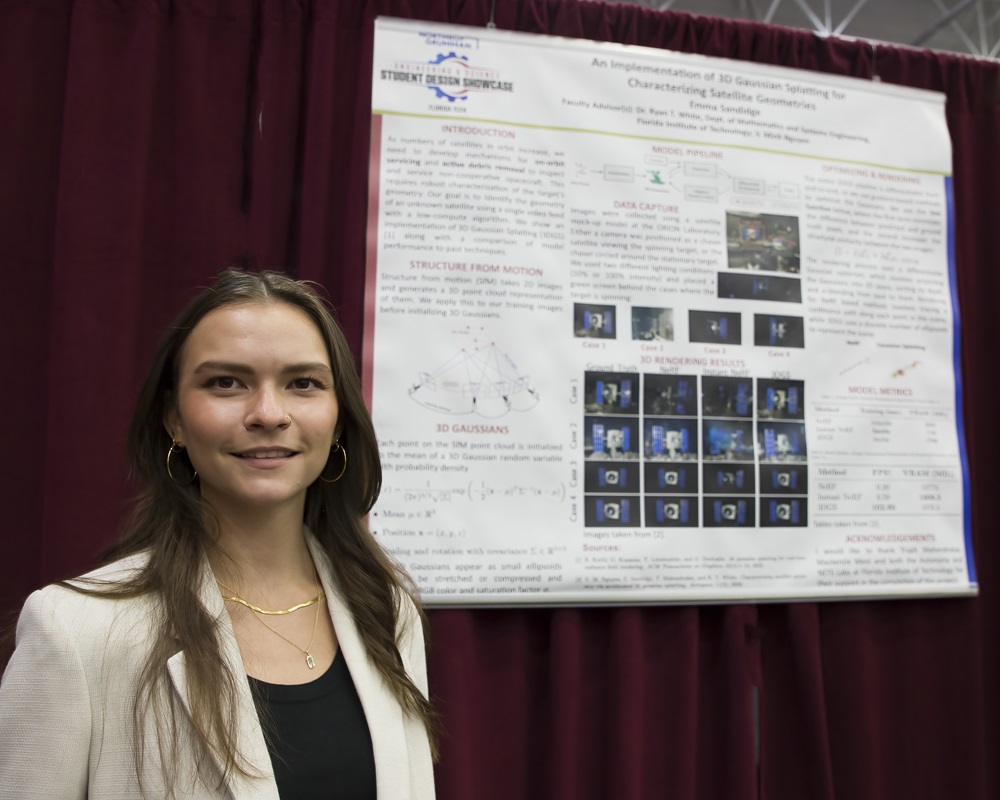Research Prepares Problem-Solvers
Research projects in applied math cover real-world challenges and theoretical problems, culminating in a senior-year capstone research experience.
Students showcase their research at the annual Northrop Grumman Engineering & Science Student Design Showcase, demonstrating their proficiency in applying math to solve problems.
Projects illustrate the rich variety of fields that look to applied mathematics for solutions. Recent topics have included:
- Classification of MRI imaging
- Underground water pollution
- Traffic jams
- Inflation rates
- Trend indicators for future stock prices
- Hurricane path prediction
- Numerical models related to fusion energy research
- A theory to explain ball lightning phenomena

 Give to Florida Tech
Give to Florida Tech 



